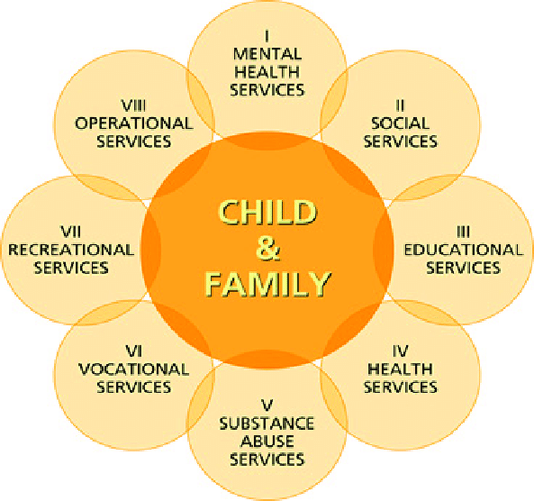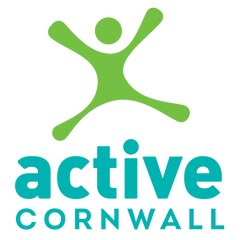Safeguarding Children with Disabilities

Medical model of disability
- Medical model of disability says people are disabled by their impairments or differences
- Medical model looks at what is 'wrong' with a person not what a person needs.
Social model of disability
People are disabled by barriers in society, not by their impairment or difference.
Child-centred approach
No child or group of children must be treated any less favourably than others in being able to access services which meet their particular needs.
Working Together to Safeguarding Children

Statistics for children with a disability
14% have no friends
47% are living in poverty (compared to 30% of all children)
30% live in a single-parent household
15% of families didn't know what support was available
15% of children in Cornwall have SEN Support or EHCP (compared to 8% in UK)
Extra vulnerabilities or factors
- fewer outside contacts with other children
- intimate care from a number of different carers
- an impaired capacity to resist or avoid abuse
- communication difficulties
- inhibited about complaining for fear of losing services
- child has problems recognising abuse due to little privacy
- carers and staff may lack ability to communicate
- signs can be inappropriately attributed to disability
Effect of COVID
- 75% shielded throughout
- 25% rated schools' emotional and welfare support poor
- 20% unable to access online learning due to lack of accessible devices
- 50% can still not access their vital therapies (physio, occupational health, speech and language etc)
Disabled Children's Partnership 3rd survey of 1,200 families
Important safeguards
enable disabled children to make their wishes and feelings known
make sure they know how to raise concerns and give them access to a range of adults who can communicate with them
develop a culture of openness and joint working with families and carers
Ensure guidance and good practice is in place and being followed.
Communication tools
British Sign Language and/or Makaton
Assistive Technology
Augmentative and Alternative Communication
Important
Children with disabilities should not be left in situations where there is a high level of neglect or other forms of abuse, because you feel the parent or carer is 'doing their best'. Carers and professionals will need to be challenged in the same way as those of non-disabled children.
